What can be done about persistent problems after a concussion?
Discover below why you are still dealing with the impacts of a concussion. In addition, you will learn about the latest insights and improved treatment methods for the further recovery after a head trauma. Book a free screening with Arjan, our concussion coach, who is specialised in Functional Neurology.
Book Your Free Screening
Introduction
When dealing with a concussion, the symptoms usually go away within a few days or weeks. However, it is also possible that you belong to the 15-30% of patients with persistent problems. These can be problems such as:
- Headache
- Mental and physical fatigue
- Hypersensitivity to light and/ or sound
- Faster overstimulation
- Problems sleeping
- Difficulty thinking and/ or focusing
- Tinnitus
- Dizziness (including posture-dependent vertigo BPPD)
- Balance problems
- Motor problems
- Insufficient visual focus
- Abnormal eye movements (such as being able to follow with the eyes and moving quickly from point to point)
Post Commotional Syndrome
When problems after a concussion or head trauma are still persisting after a few weeks, this is condition is called a post-concussion syndrome.
While usually no demonstrable damage is found on, for example, a scan after a concussion, we know from research with specialised scanning equipment that damage or dysfunction (impaired functioning) can often occur at the microscopic (cell) level. We also know that microscopic injuries can often occur in the long pathways that run through the cerebral cortex to the rest of the body.
More and more known about underlying causes
In addition, research shows that there are various nerve networks that are particularly vulnerable in the event of a concussion. These widely branched networks are for example relevant for functions such as balance, walking, spatial orientation and eye functionality. In other words, the fact that there is no immediately demonstrable damage does not mean that nothing has changed. This is further underlined by functional MRI studies and high-intensity EEG measurements which measure brain activity. These measurements often turn out to be highly aberrant, despite standard imaging showing nothing. The work of Dr. Daniel Amen of the Amen Clinics is just one example which confirms this situation.
Why standard research often yields nothing
It is also important to realise that standard diagnostics in a hospital, for example, is primarily aimed at excluding major demonstrable damage (which usually does not exist) and often does not yield anything special findings. Such examinations are not designed to detect smaller functional deviations in, for example, balance integration, eye functionality or stability of the musculoskeletal system.
How are persistent problems after head trauma usually dealt with?
In the Netherlands and neighboring countries, rehabilitation or training after a concussion is done in the following way: The patient learns how to deal with the limitation, how to avoid stimuli, how to organise their day, and so on.
What is (often) not done is a consciously training of the weaker areas and functions of the brain. As these are unique for everyone, they therefore require an individual approach. To get back to normal, return home or to work after a concussion, standard rehabilitation training is very good, but it usually doesn't address the actual underlying problems. Therefore, the problems may persist.
New Approach
Many Dutch people who have had to deal with persistent problems after a head injury increasingly decide to visit to specialised clinics such as Cognitive FX in Utah.
Why is the new approach more effective?
Because these clinics apply more of the latest insights of the field of brain rehabilitation. In these clinics, for example, functional MRI and or high-intensity EEG measurements are examined in the areas where brain functions are impaired. The weaker areas of the brain are then stimulated with a week-long intensive program, including multi-tasking training. This approach appears to work well in many cases (particularly in the case of mild to moderate problems after a concussion) and to lead to lasting improvement.
However, this approach is too intensive if you are dealing with a combination of physical and cognitive problems or with a moderate to severe concussion. There is too much to be done in too little time.
Your brain has the ability to recover for a lifetime.
Fortunately, science is increasingly showing that it is indeed possible to further improve your brain and body function after, for example, a brain trauma. This is based on the so-called neuroplasticity principle, the ability of your brain to change, even when damaged.
The key here is intensity
… and repetition of the stimulation given to the brain (e.g. movement, visual, auditory, olfactory stimulation). Furthermore, it is important that the received training aims on regaining functions as specific as possible and places as little as possible burdens on the brain.
Why are we so passionate in our Brain and Spine Rehab centre
… to tackle the consequences of concussions even better?
Arjan Kuipers has seen on his mother what consequences multiple mild to severe concussions can have on your life. For his mother, this resulted in a years-long battle to get over the effects of the brainstem migraines that arose after her accidents.
Because in the 1980s and 90s very little was known about what really happened after a head injury, consequences were often laughed away or it was said you just have to learn to live with it.
This is why (in addition to Arjan's business partner Linda Radestad's quest for her speech and ability to regain her left arm and leg after a very serious stroke) why we are so involved in finding better solutions after one or more concussions.
For this reason, Arjan chose to study chiropractic at the AECC university college in the UK and then to specialise further in the clinical application of neuroscience (functional neurology).
How was Arjan's mother?
One of Arjan's professors (Professor F.R. Carrick) recognised the underlying problem, which allowed a continued recovery from the disastrous attacks that his mother often had weekly.
What we can do for you
If you want to know what we can do for you, and how we can often achieve the next step in your recovery after a concussion with the latest insights and research equipment, at a much lower cost, go to the description of the Brain Rehab Protocol program we work with.
View the masterclasses about the consequences of brain injury
Check out the free masterclasses about the often forgotten underlying problems after a concussion below.
Furthermore, Arjan has made a number of master classes about the consequences of a concussion. These are about a several subjects that often receive too little attention, and that can make a difference in the further recovery after head trauma. Arjan not only explains how the approach persistent problems after a concussion, which can be tackled differently and more completely, he also gives tips you can immediately put to work yourself.
The topics Arjan deals with:
- Brain (neuro) inflammation after brain trauma that is hardly ever paid attention to
- Underlying balance problem that determines further recovery (even if you do not experience dizziness)
- The manner and intensity of physical training and how it affects the brain
A word of warning: The videos contain a lot of information and it is therefore advisable to watch them in chunks. It is also a good idea to keep a pen and paper handy to take notes. For most viewers there are a lot of new information that can be taken advantage of.
Brain Questionnaire
In the last video Arjan talks about a brain questionnaire that you can fill in to start identifying where the real underlying problems come from. It can be downloaded via link found this at the bottom of this page.
Free screening
Free screening to map out further possibilities
After completing the Brain and Neurotransmitter Questionnaire, it is also possible to schedule a free and non-binding screening with Arjan Kuipers where he will see what else we can do for you in your specific situation. You can register below by clicking on the link to schedule a screening or to send an email to our administration: [email protected] can also read more on our blog "What to do if nothing helps after a concussion".
Recommendation list: Neuro-inflammation
In this list we have listed some of the recommended nutritional supplements when you are dealing with brain (neuro) inflammation.
DownloadBrain and Neurotransmitter Questionnaire
You will receive a free ZOOM meeting after completing the Brain and Neurotransmitter Questionnaire.
Fill in QuestionnaireRecovery barriers
In this video Arjan discusses five reasons why you might not recover further after your concussion/ head trauma
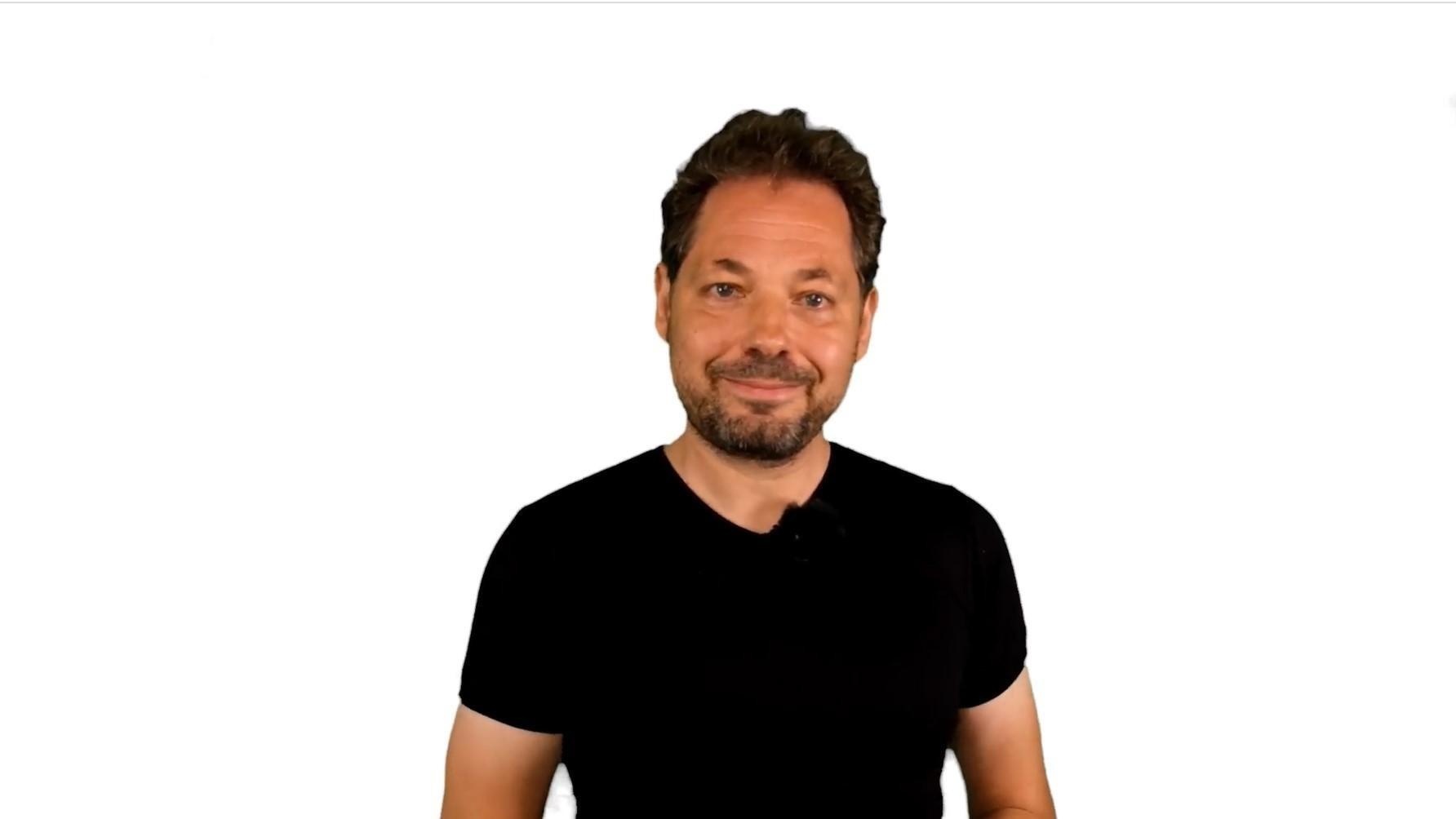
Brain inflammation after injury
In this video, Arjan addresses one of the most overlooked problems after a concussion or other brain trauma.
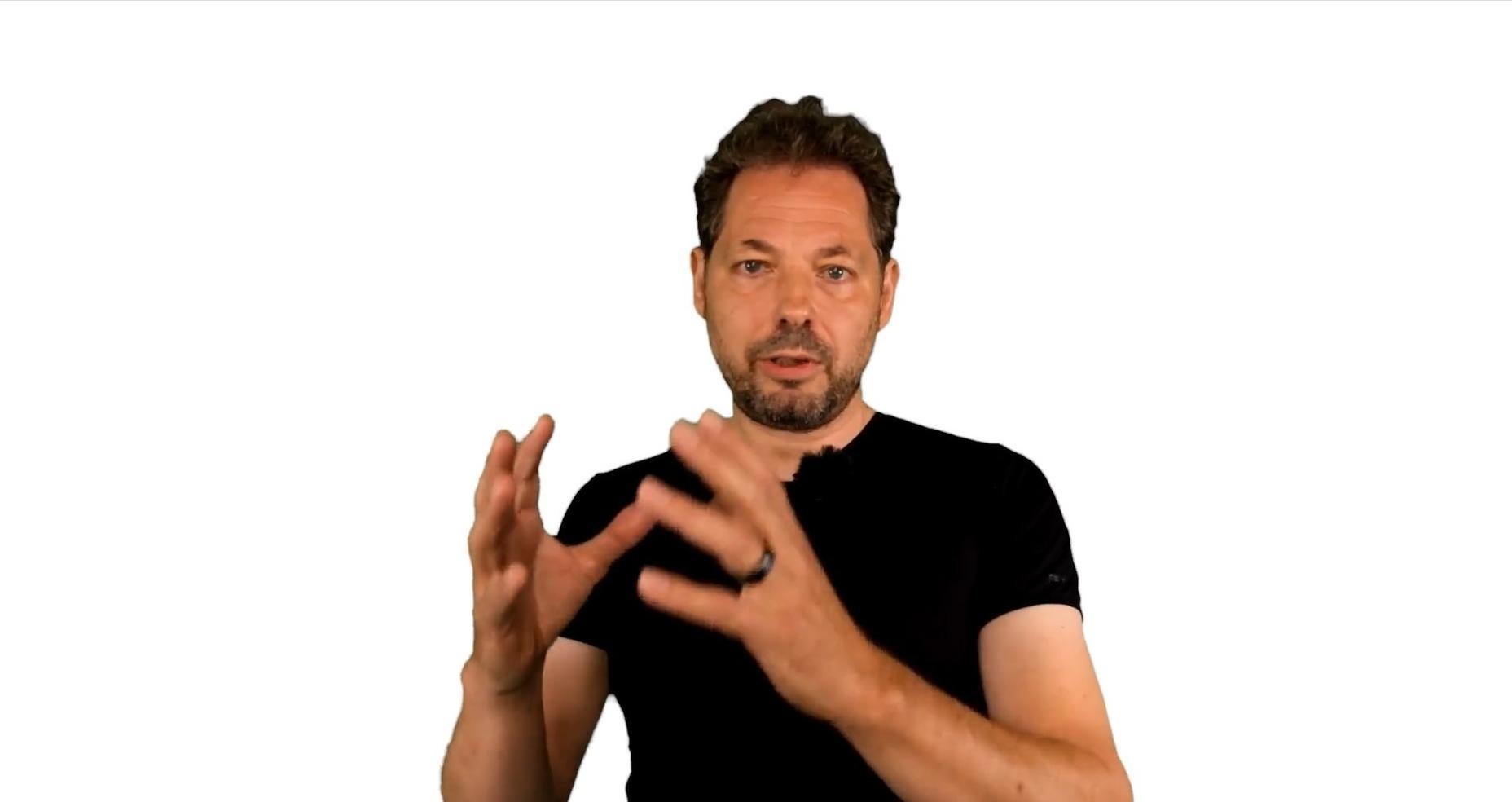
The key to further recovery
In this video Arjan Kuipers shows how central equilibrium integration can be disrupted by brain trauma (without having to experience dizziness). You will also hear why this underlying problem is often the key to further recovery.
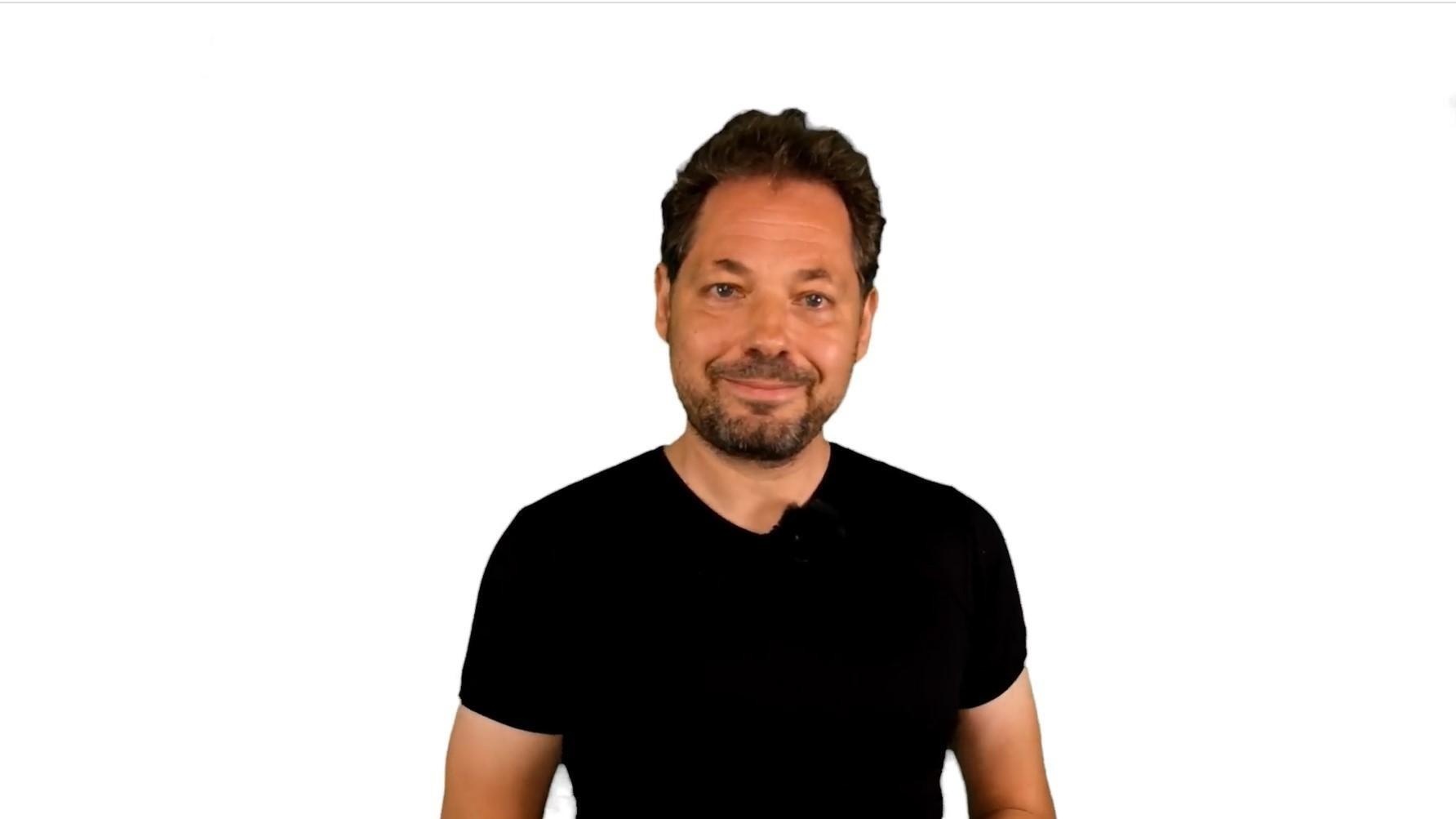
The way you train has a lot of influence on your brain
This is the introductory video in which Arjan talks about intensity and the type of training that has a greater effect on improving brain function and reducing brain inflammation.
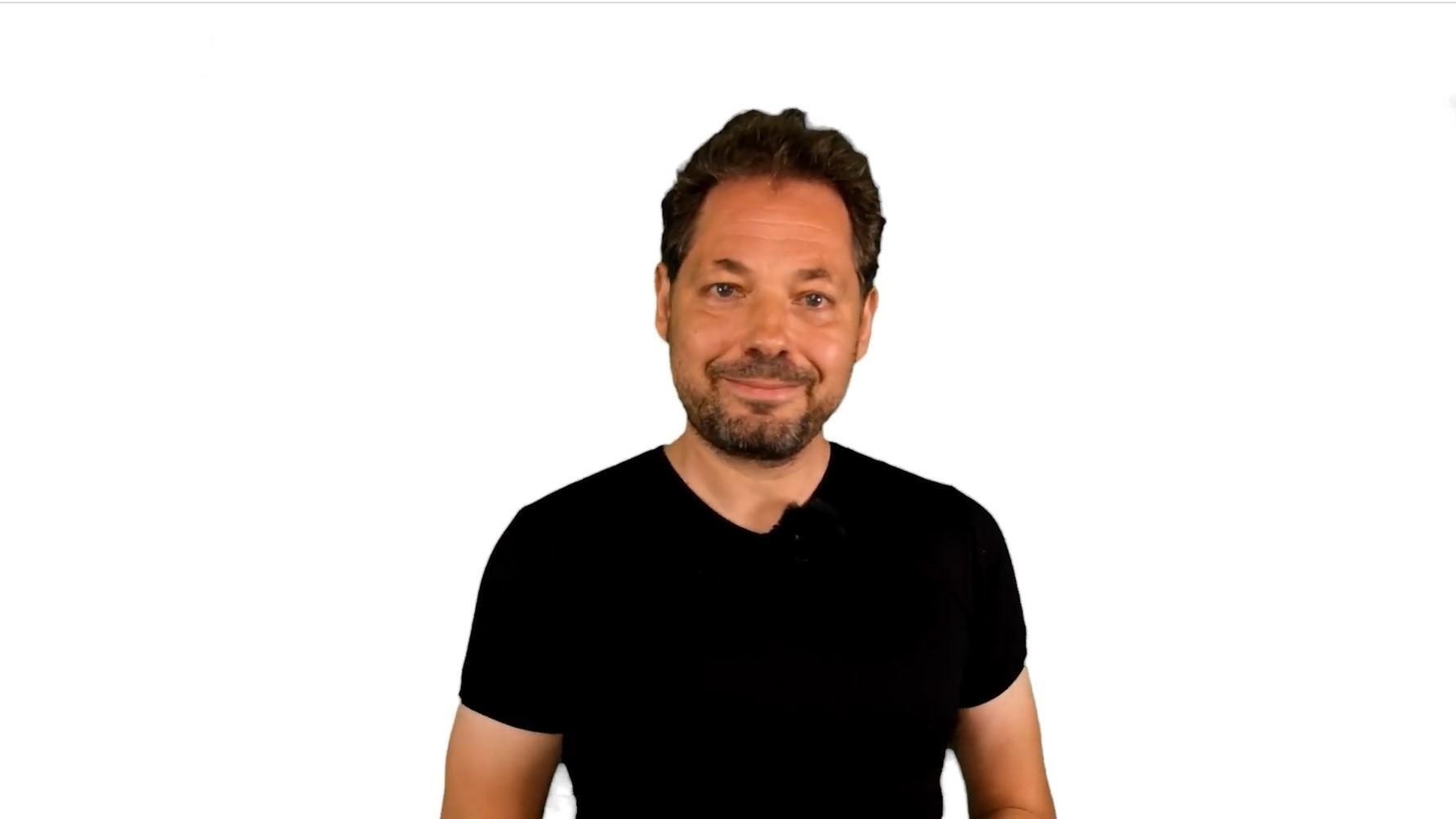
Biometric Data Testing
Extensive explanation from Arjan about biometric test data in the video below.
Book a Test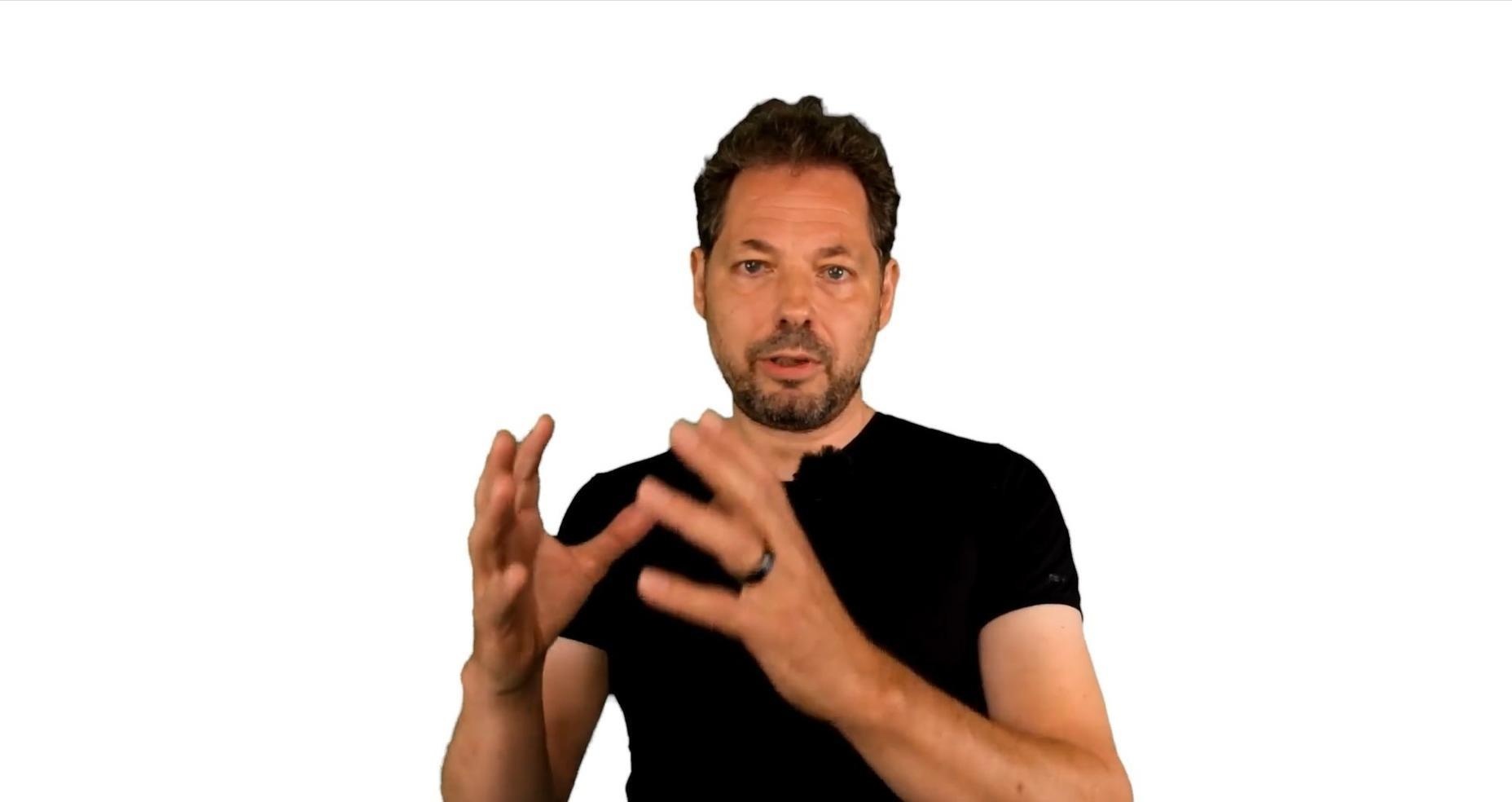
Training

For whom this is

Arjan Kuipers - 25 years of experience
Arjan has more than 25 years of experience in the following subjects:
✔️ Functional Neuro Orthopedic Training (FNOR)
✔️ Neurologic Posture Training (CPN and CPE)
✔️ Has a Diplomat status since 1997 at the American Chiropractic Neurology Board (ACNB)
✔️ Official member of the International Association for Functional Neurology (IAFNR)
✔️ DC, BSc, DACNB, FACFN, spFEAC, CPN, CPE Specialised Chiropractor
✔️ Consultant Applied Clinical Neuroscience

